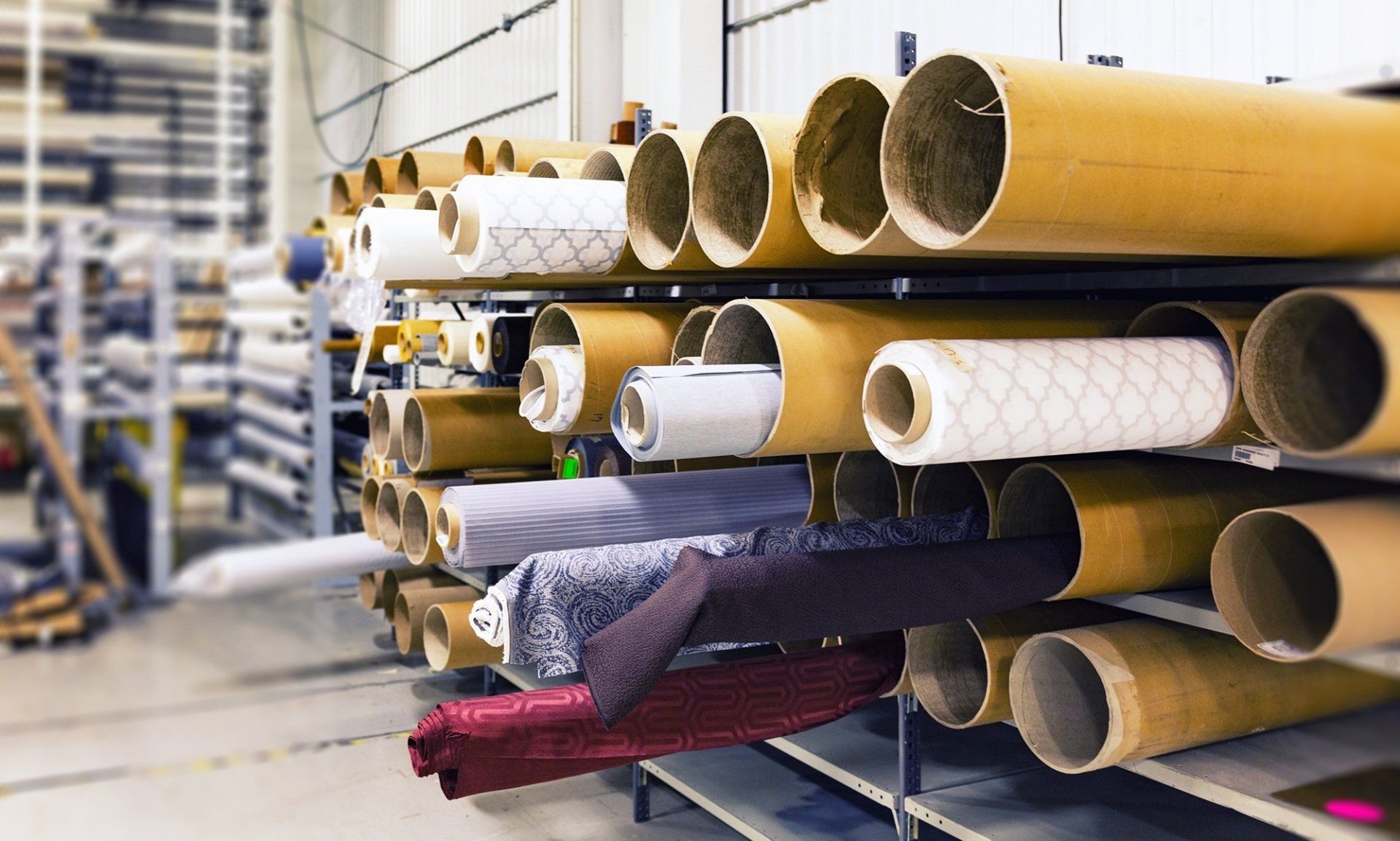
Share Article
Changing the Perceptions of Manufacturing, Logistics and Engineering
In 2020, every industry felt the effects of the pandemic. When much of the world had to stay at home, manufacturing and logistics companies, with many technical and engineering roles within, stayed open. While tough for many workers, it was vital to ensure that production and supply of essential goods remained intact. Production pivoted entirely, and companies rerouted their resources to address critical PPE shortages along with other highly sought-after items — items that consumers were turning to e-commerce in increasingly higher numbers to obtain. Within this sphere, manufacturing jobs were lost as demand fell as consumers felt the pinch of the Covid impact, but there’s progress in terms of ramping up recruitment for specialist, technical and engineering roles. Are there enough quality candidates? And, what changes will we see in role and industry perceptions?
Digital manufacturing
Firms adopting digital manufacturing technologies within their operations have seen their costs reduce, their productivity improve, and their order books grow, according to a recent Institute of Engineering survey. Engineers and technical roles play an increasing role in this on-going transformation, so that’s good news for potential candidates.
Even though we’re specifically looking at technical and engineering roles here, there is a disconnect recruiters need to work upon; the attraction of Generation Y to these roles. That’s because the younger generation don’t perceive these industries as particularly attractive propositions. A Deloitte survey reported that younger workers thought manufacturing, in particular, to be “boring, outdated and not creative.” There are was also a reported fear that technology would reduce jobs, so once within the industry, how long would they remain there? Recruiters have the potential to sell innovation and need to think about how to position their marketing.
Dispelling the Perception – Amazon’s Use of Technology
If we take the example of Amazon as a starting point. The retailer’s use of advanced warehouse technologies illustrates how robotics, cognitive computing, and flexible human workforce strategies can combine to maximize efficiencies and productivity, while creating new temporary and permanent jobs. These technologies automate routine and difficult tasks such as rote memorisation and heavy lifting, allowing employees to quickly master the work that requires human skills. Surely, that’s a good thing?
So… what can recruiters do to help?
Sell technical manufacturing and engineering roles on the basis of reforms
Manufacturing has a big part to play in achieving net zero carbon emissions by 2050. The case for reducing the amount of energy, raw materials and other resources expended, makes financial as well as environmental sense. It’s an agenda that will attract Generation Y and other candidates into roles they may never have considered. Recruitment attraction strategies need to feature the selling points of sustainable manufacturing.
Scenario Planning for Skills of the Future
Recruiters must explore questions to provoke thinking and future understanding.
- How will traditional manufacturing engineering jobs of the present-day change into the future as a result of digital transformation and other disruption within the sector?
- What will the manufacturing engineering roles of the future look like?
- What skill development do we need to prioritise over the next three years?
Embracing AI – building knowledge
Acumen for tech-forward roles needs to be tested, so vetting processes will be critical as these jobs often require an increase of technical skills, certifications, and specialties.
According to a 2019 Gartner survey, positions within controls engineering are particularly in sky-high demand as organisations implement or upgrade new systems often involving AI and automation into production. AI and automation in production is the future, so emphasise this in your recruitment strategy.
There’s no turning back and roles will evolve as a result. For employees, it’s all about creating value, impact and opportunity. It’s an exciting time ahead for those who adapt.










